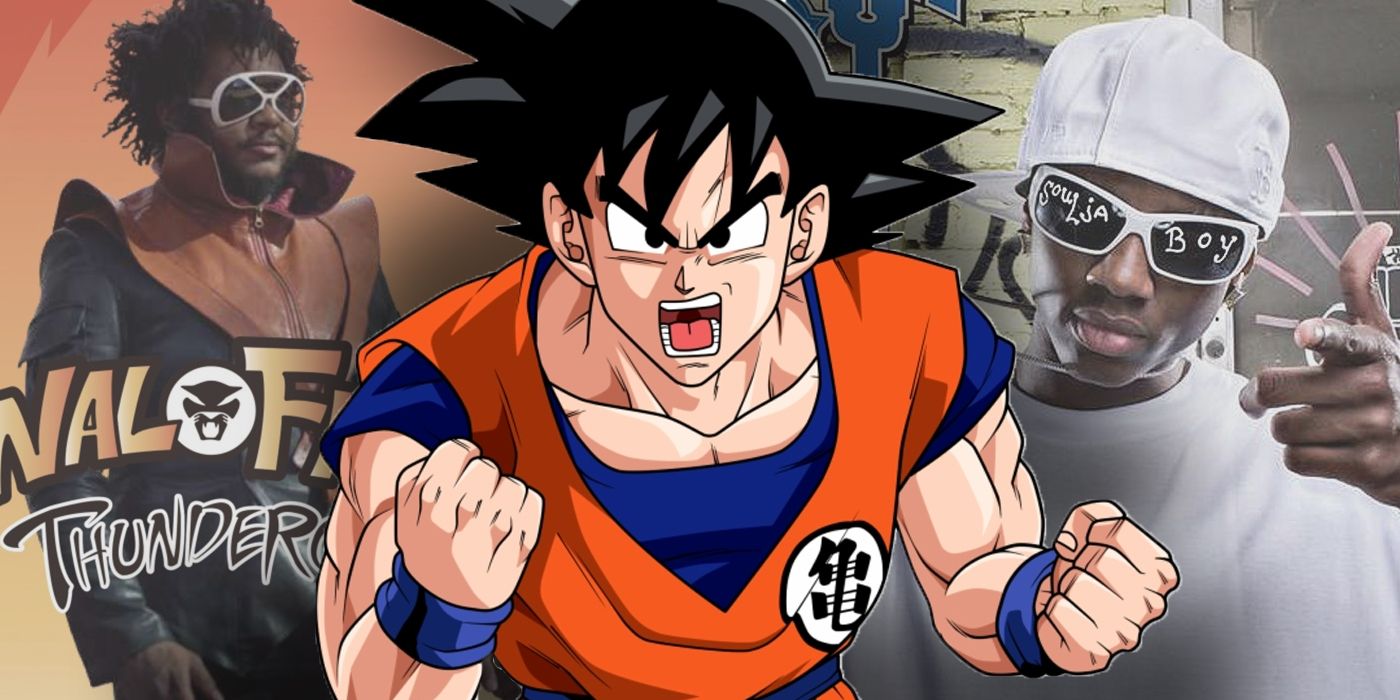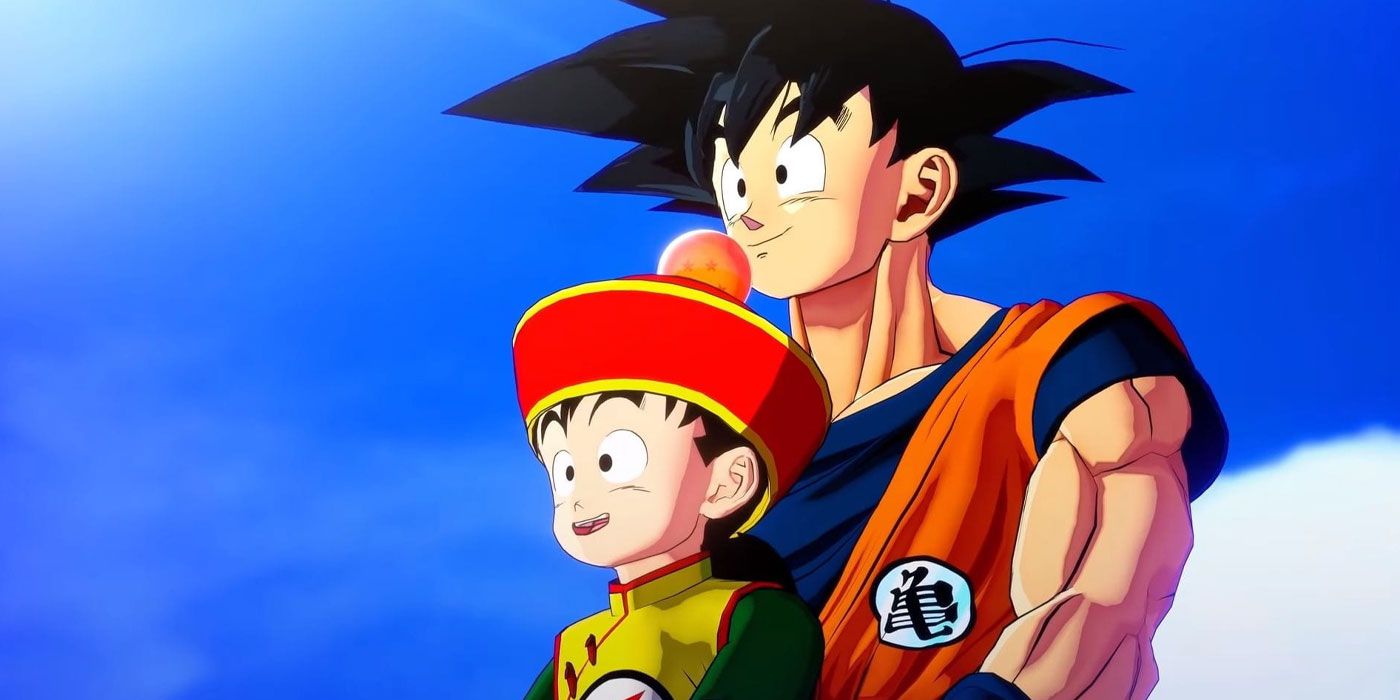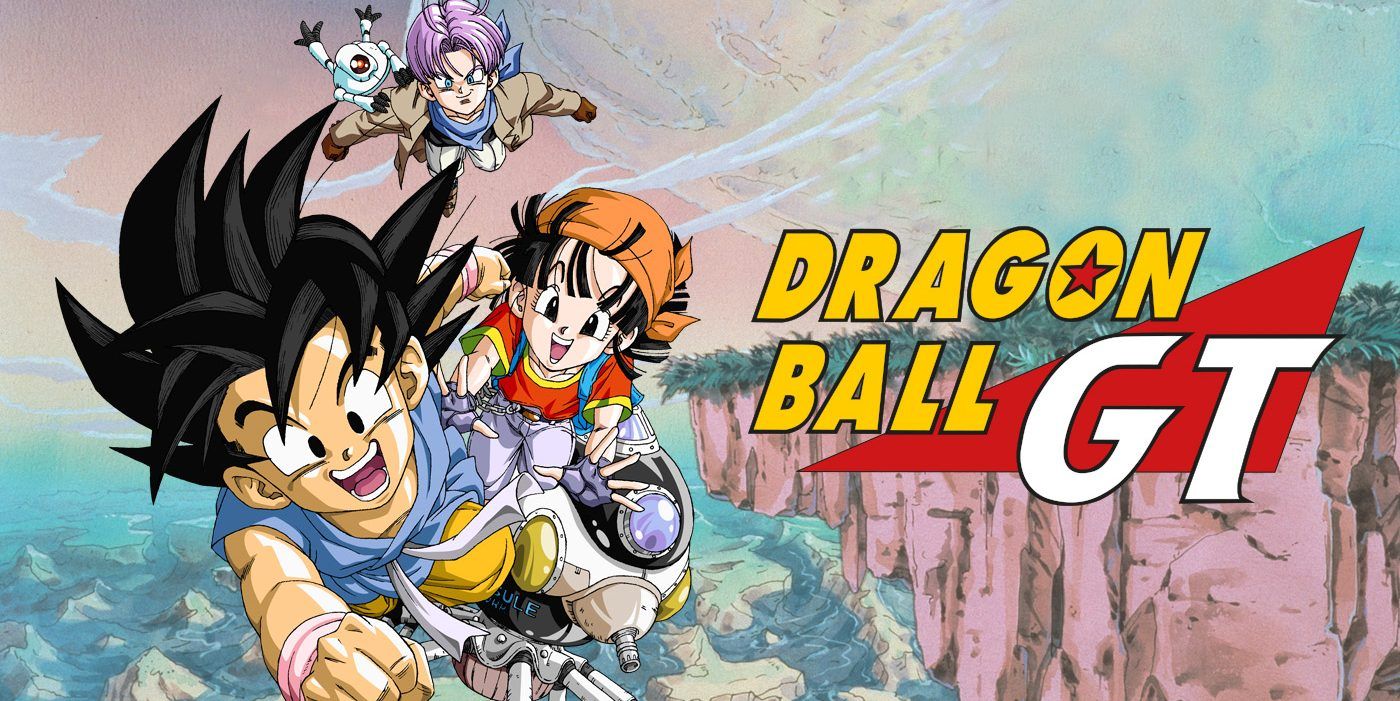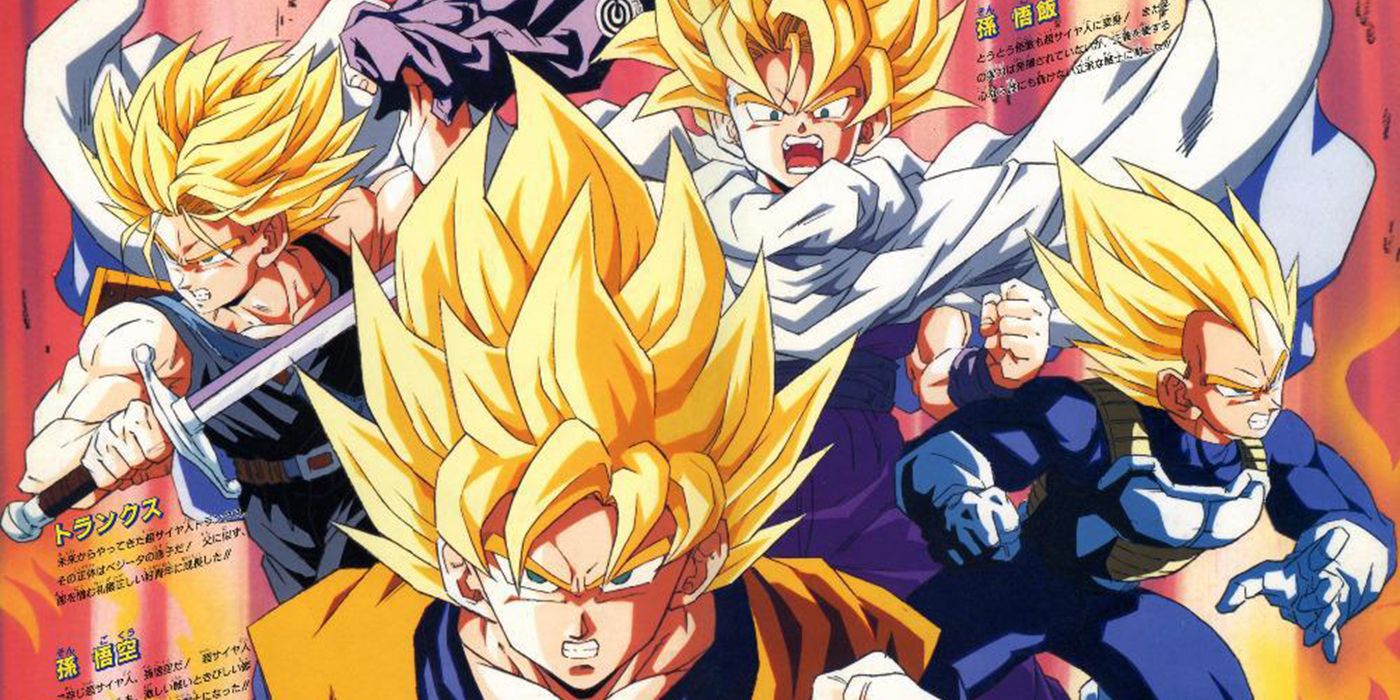Recently, Grammy-winning musician Thundercat released "Dragonball Durag," a new single for his upcoming album It Is What It Is. The single might be a smooth jazzy piece that stands oddly in contrast with Dragon Ball Z's adrenaline-pumping style, but it's hardly the first song to reference Dragon Ball in a meaningful way.
Over the years, an unusually high number of hip-hop and rap artists have referred to or utilized Dragon Ball and its iconography in one way or another, even chart-topping mainstream musicians. From making fun passing references to framing it as a genuine source of inspiration, there's a deep connection between musicians, Dragon Ball and the audiences that enjoy both.
The Link Between Hip-Hop and Dragon Ball
Since its one of the biggest anime franchises ever, Dragon Ball has naturally influenced tons of different creative types over the years. While tons of anime and cartoons reference Goku and fellow fighters in one way or another, punk rock band Maximum the Hormone and pop artist Christina Aguilera have both made songs that directly reference Dragon Ball Z in some form. But hip-hop remains the one genre Dragon Ball has influenced an outsized number of acts.
Kendrick Lamar, Frank Ocean, Waka Flocka Flame, Domo Genesis, Denzel Curry to Soulja Boy are just a few of the mane names who've referenced Goku in the lyrics of their songs, while Young Jezzy, J. Cole and Mike Shinoda of Linkin Park have sampled music from the Dragon Ball series.
Even outside of songs, many Dragon Ball Z influenced mixtapes have been released over the years. Canadian rapper Sese dropped a mixtape called The Frieza Saga. The entire mixtape is a recount of the Frieza Saga, and the Dutch artist MAITRO released a mixtape simply titled "Dragon Wave."
One of rap's most enduring icons, Snoop Dogg, has posted Dragon Ball memes and references on social media, most directly of all just outright saying in a Reddit AMA that "Gogeta is a g."
The Appeal of Anime to Rap
While hip-hop and Dragon Ball Z don't share much connective tissue at a glance, the relationship is an extension of hip-hop's long-standing conversation with anime and other parts of Asian culture, like the Wu-Tang Clan's career-defining fascination with martial arts movies.
When interviewed by Vice about his mixtape The Frieza Saga, Sese explained why he saw Dragon Ball Z as the perfect musical inspiration. “One of my friends was talking about how epic the battles on Dragon Ball Z were and then we started talking about how crazy the parallels between hip-hop and the show are. Everyone on the show is trying to level up their powers and be the strongest fighter, and that’s pretty much how I look at the rap game—rappers want to be the best, they want to be the next guy and then the creative juices started flowing.”
However, the ties between hip-hop and Dragon Ball don't simply stop at the fans; even the official material has hip-hop influences. When it was released stateside following the success of Dragon Ball Z, Dragon Ball GT had an original soundtrack composed by Mark Menza. Menza composed a hip-hop-inspired original soundtrack for the Funimation dub that even featured an original rap theme song.
Dragon Ball Z as a Black Experience
Perhaps, however, the link between hip-hop and Dragon Ball Z has less to do with music and style, and much more to do with how popular the series was among black audiences, specifically in United States. Despite Dragon Ball's often problematic elements, the series is incredibly popular among black audiences.
A few generations of rappers are of the age where they would've grown up with regular access to the show, either through anime-heavy TV blocks like Cartoon Network's Toonami or home media like DVD. After Dragon Ball Z aired on American television, websites like DaBlackGoku began showcasing tons of fan art featuring the many characters of Dragon Ball Z re-imagined as black.
In an insightful article on Kotaku titled "Why Black Men Love Dragon Ball Z," writer Gita Jackson interviews many long-time black Dragon Ball fans about why they fell in love with the series. Many references how the series appealed to them as kids due to the intense action. But, the series also helped many of its viewers mature as they grew up. “The thing that they all had in common is that the main character was always some sort of underdog.," said one viewer. "Something about having an underdog that can, like, raise up and make something happen, I think black men particularly identify themselves with that.”
This is a sentiment many, including the RZA of the Wu-Tang Clan, agree with. In his book The Tao of Wu, the RZA looks at Dragon Ball Z as an allegory for the black experience. “Take even a cartoon, like Dragon Ball Z. I mean, it’s a cartoon, but it’s one of the deepest cartoons in history. You learn that Son Goku is part of an ancient race called the Saiyans, who come from a distant planet and were known as the fiercest warriors in the galaxy. So Son Goku has superpowers but doesn’t realize it -- a head injury destroyed his memory, robbed his knowledge of self. Then one day, he gets stressed beyond his limits and Hulks out into his alter ego, Super Saiyan." He goes on to compare a Super Saiyan's enlarged hair to dreadlocks.
Dragon Ball isn't just popular because it's some action series with cool fights. It was an essential part of growing up for several generations of fans. Since some of those fans became musicians, it's not surprising that today's music is filled with Dragon Ball references, and it would probably be weirder if it didn't.




